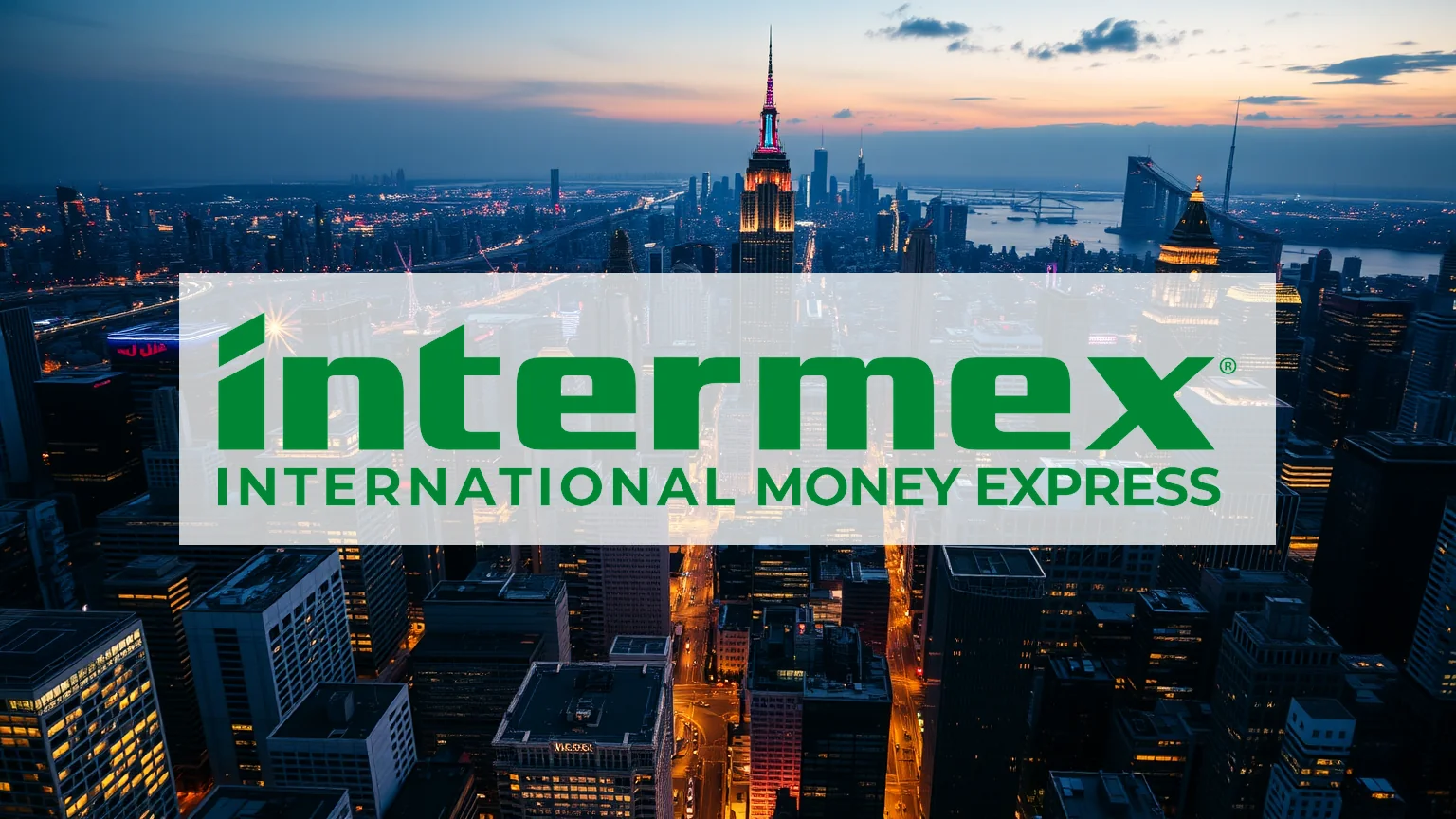The contest for control of International Money Express (Intermex) has entered a new phase of complexity. Western Union’s substantial acquisition bid now faces a fresh challenge with the emergence of an activist investor, injecting further uncertainty into the high-stakes negotiations for the money transfer specialist.
Strategic Moves and Shareholder Scrutiny
In August, Western Union formalized a definitive agreement to acquire Intermex, presenting a cash offer of $16 per share. This values the proposed transaction at approximately $500 million and represents a significant 50% premium over Intermex’s 90-day average stock price—a development that initially appears highly favorable for shareholders. The financial services behemoth anticipates the acquisition will bolster its North American footprint, enhance its access to key Latin American remittance corridors, and accelerate its digital growth initiatives.
However, the perceived fairness of this arrangement is under examination. Multiple law firms have launched investigations into the deal, probing for potential violations of securities laws and examining whether the company’s board has fulfilled its fiduciary duties to shareholders. A critical aspect of the deal is its extended timeline, with closure not anticipated until mid-2026. This extended window leaves ample opportunity for opposition to materialize or for the terms to be renegotiated.
Activist Investor Enters the Fray
Amid this climate of uncertainty, a new player has taken a position. Investment firm Voss Capital acquired a 5.3% stake in Intermex in early August. The activist investor purchased over 1.5 million shares on the open market, a substantial move interpreted by many as a bet that the current offer undervalues the company and that a higher bid is achievable.
Notably, Voss Capital’s regulatory filing did not express an intent to influence Intermex’s management or operational strategy. Despite this, the mere presence of a significant activist shareholder could pressure Western Union to improve its offer should organized resistance to the current $16 per share price gain momentum.
Should investors sell immediately? Or is it worth buying Money Express?
Solid Operational Performance Amidst Takeover Talks
Despite the surrounding takeover speculation, Intermex’s underlying business performance remains robust. The company’s second-quarter earnings, reported on August 11, exceeded analyst forecasts. It posted earnings per share of $0.51, surpassing the projected $0.49. While this figure is below the $0.55 EPS reported for the same quarter last year, it demonstrates operational stability despite the potential distractions of the acquisition process.
Western Union, for its part, has projected considerable synergies from the merger. The company forecasts annual cost savings of $30 million within the first two years post-acquisition. It also expects the deal to be accretive to earnings, adding over $0.10 to its EPS in the first full year after the transaction is finalized.
Following a recent rally, Intermex’s share price trades notably above its key short-term moving averages. However, it remains approximately 3% below its 200-day average—a signal that while the market views the deal positively, it may not yet be fully pricing in the possibility of a successful completion or a potential bidding war.
The central question for investors is whether shareholders will ultimately receive more than the offered $16 per share. The ongoing legal reviews and the strategic position taken by Voss Capital seem designed to push for precisely that outcome.
Ad
Money Express Stock: Buy or Sell?! New Money Express Analysis from February 7 delivers the answer:
The latest Money Express figures speak for themselves: Urgent action needed for Money Express investors. Is it worth buying or should you sell? Find out what to do now in the current free analysis from February 7.
Money Express: Buy or sell? Read more here...













